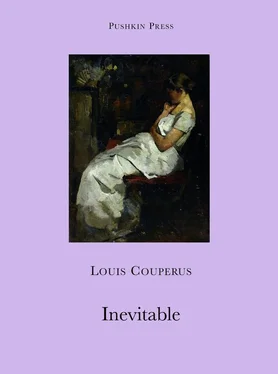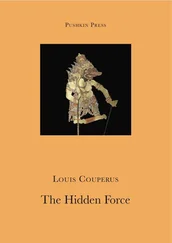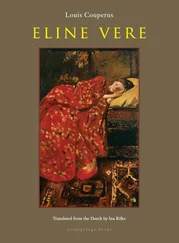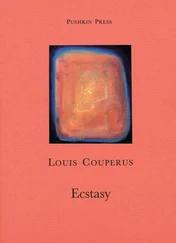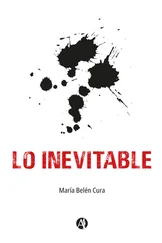On a literary level, Inevitable represents an interesting variation on some of Couperus’ major themes, including the complex underlying factors determining human character and action, and the contrast between Northern and Southern Europe — the former representing grey gloom, repression and convention, the latter sunshine, warmth and self-fulfilment. Present-day readers may detect echoes of Henry James (especially the story Daisy Miller of 1878) in both setting and tone, and be reminded of E M Forster’s evocations of Italian boarding-house life in A Room with a View (1908). Aspects of the ending suggest a comparison with D H Lawrence. The vagaries of a woman’s attempt at self-liberation recall a novel like H G Wells’ Ann Veronica (1909), though the optimism of the latter book is lacking.
Contemporary Dutch readers will have inevitably recognised the novel’s allusions to real life in the shape of the aristocratic women’s rights activist and writer Cecile Goekoop-de Jong van Beek en Donk (1866–1944), one of the principal organisers of the epoch-making Dutch National Exhibition of Women’s Labour held in The Hague in 1898. The heroine of her militantly feminist novel Hilda van Suylenburg (1897) combines a happy marriage with a successful career as a lawyer. The author’s own life fell somewhat short of this emancipated ideal: having left her rich husband in 1898 and fled to Italy, she was briefly reconciled with him after he followed her abroad, but was divorced in 1899, later remarrying and converting to Catholicism.
This biographical and literary link with contemporary feminism raises the question whether Couperus’ book is to be read as a fictional counterblast to Hilda van Suylenburg and its message that women “can have it all”. A commentator like Marianne Braun, for example, in her study of the first wave of feminism in the Netherlands, sees Couperus’s novel as an “antipode” to the earlier book. This, though, would seem a rather crude reading of a generally empathetic and balanced work. Certainly it would be simplistic to view Cornélie’s final submission to Brox as a pre-Lawrentian recipe for “sexual bliss ever after”; there is a heavy price to pay for Couperus’ character: her independence, her political engagement, and the cultural and intellectual affinity as well as the love she had shared in Rome with Duco. The Dutch critic Herman Verhaar has pointed to Couperus’s debt to Madeleine Férat (1868), an early novel by his revered model Zola, while stressing the Dutch writer’s commitment to individual psychology over the deterministic theories of “first impregnation” that loom large in Zola’s vision. Ton Anbeek stresses the fact that Couperus’ fatalism is never crudely physical or psychological, but has from the outset a mystical dimension, for most of his career classical in flavour, though in his last period coloured increasingly by oriental beliefs. Anbeek quotes a passage early in the novel (Chapter II), which seems to present Cornélie one-dimensionally as a product of her social class:
This woman was a child of her time but particularly of her environment, which was why she was so immature: conflict against conflict, a balance of contradiction, which might be either her downfall or her salvation, but was certainly her fate.
Certainly, the socio-economic consequences of an upbringing that has left her unfit for “menial” shop work in Rome are clearly spelt out (for example in Chapter XLII). It is no accident that Mrs Holt, the English feminist who urges Cornélie, as the author of an influential pamphlet, to rejoin the struggle, should be wealthy (Chapter XLVI). But realistic elements can be contrasted with a less tangible expression of her quandary when she is forced to leave Duco (Chapter XLIII):
There was absolutely no reason to leave him. He did not want her to either, he would never want it. And they held each other tight, as if they could feel something that might separate them, an inexorable necessity, as if hands were floating around them, pushing, guiding, restraining and defending, a battle of hands, like a cloud around the two of them; hands trying to sunder violently their glistening lifeline, their merged lifeline, though too narrow for both their feet, and the hands would wrest them apart, making the single great line spiral split apart into two.
Couperus is too great an artist to content himself with a purely programmatic treatment of his heroine’s predicament, though such charged passages, of which there are many in the novel, may seem to border on mystification. Today’s reader may wish to supply his or her own question mark to the English title (which, it must be stressed, was not the author’s choice).
PAUL VINCENT
